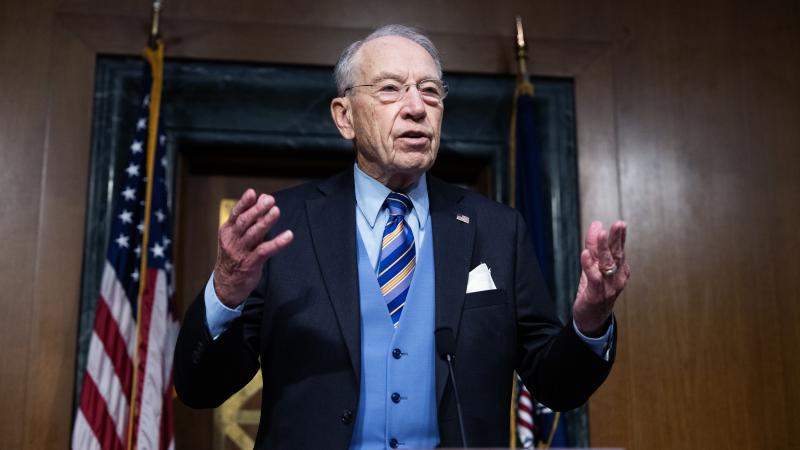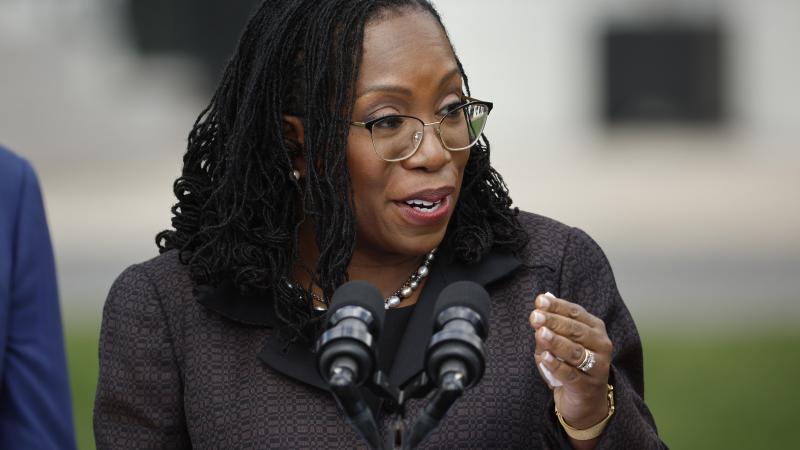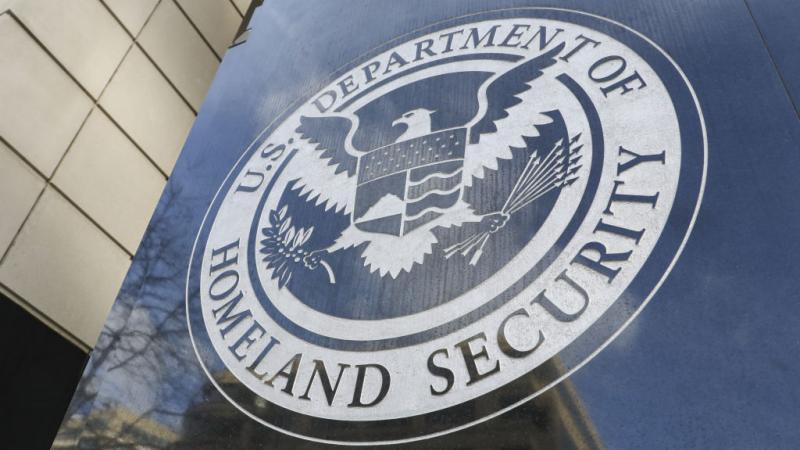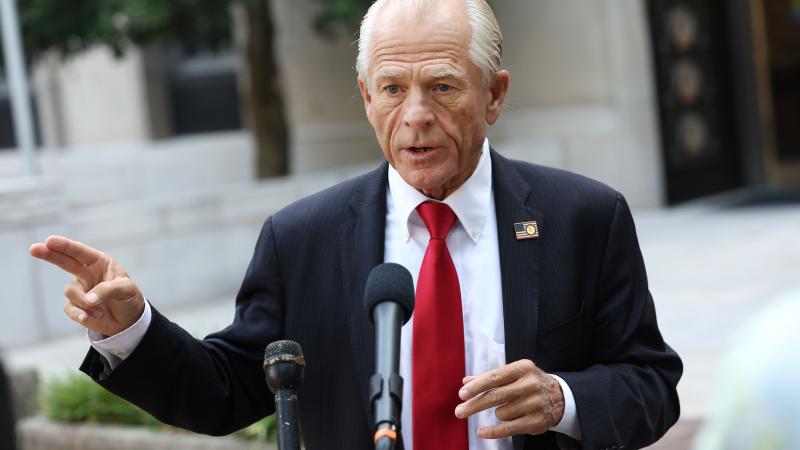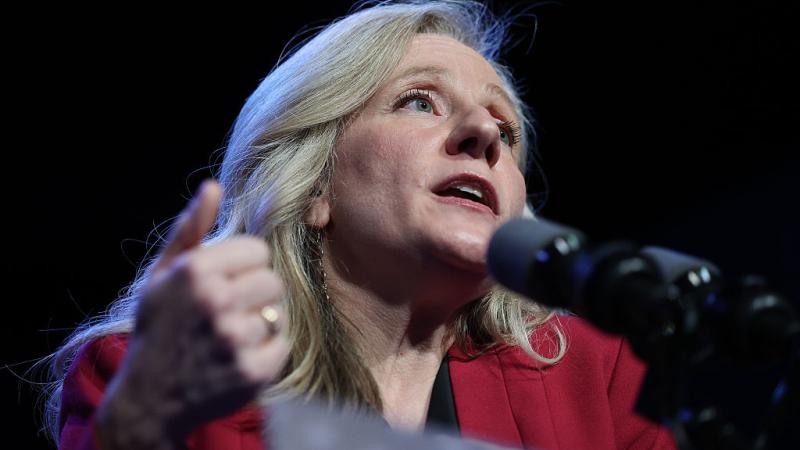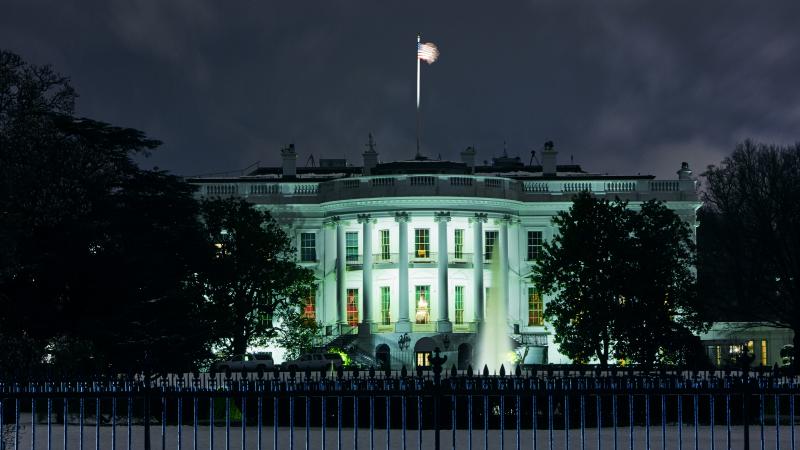After first plastic bag rules backfire, California Democrats take a second shot
In 2014, California passed a ban on grocery stores giving customers thin, single-use plastic bags, and allowed grocers to not only sell thicker “reusable” plastic bags but keep the profit on the ten cents charged to consumers. According to State Sen. Brian Dahle, R-Bieber, the addition of allowing grocers to keep the bag fee is what ultimately led grocers to withdraw their opposition to the measure.
(The Center Square) -
(The Center Square) - California legislators have proposed banning all plastic retail bags, after the state’s existing ban on thin plastic grocery bags increased plastic waste as grocers shifted to thicker plastic bags that were classified as “reusable.”
“A plastic bag has an average lifespan of 12 minutes and then it is discarded, often clogging sewage drains, contaminating our drinking water and degenerating into toxic microplastics that fester in our oceans and landfills for up to 1,000 years,” said State Sen. Catherine Blakespear, D-Encinitas, who introduced SB 1053. “It’s time to improve on California’s original plastic bags ban and do it right this time by completely eliminating plastic bags from being used at grocery stores.”
In 2014, California passed a ban on grocery stores giving customers thin, single-use plastic bags, and allowed grocers to not only sell thicker “reusable” plastic bags but keep the profit on the ten cents charged to consumers. According to State Sen. Brian Dahle, R-Bieber, the addition of allowing grocers to keep the bag fee is what ultimately led grocers to withdraw their opposition to the measure.
“People and businesses are leaving California and they're talking about another regulation when we need to talk about how to make business flourish,” Dahle told The Center Square. “They continue to hammer businesses and people’s freedoms every day.”
SB 1053 would not only ban plastic bags at checkout, but also require stores to provide 100% recycled paper bags or allow consumers to use and bring their own reusable bags.
Dahle noted he’s “not opposed to paper bags” because he supports the use of thinning forests to reduce fire risk, but would prefer making use of the kind of compostable bags already used at retailers such as Trader Joe’s for consumers to bag their produce in.
An analysis from CalRecycle found grocery and retail plastic bag waste increased from 147,037 tons, or eight pounds per person in 2004, to 231,072 pounds or 11 pounds per person, in 2021.



